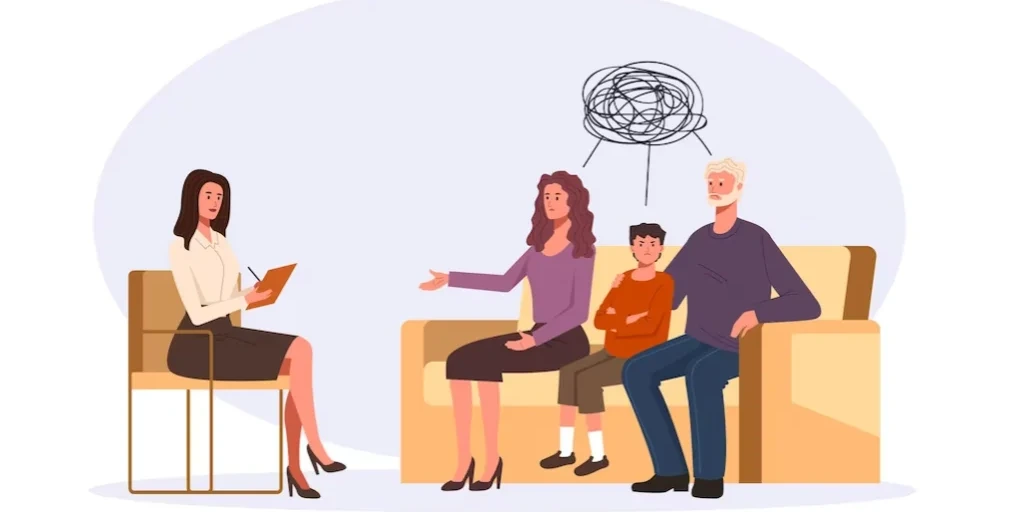24/7 Helpline:
(866) 899-221924/7 Helpline:
(866) 899-2219
Learn more about Dual Diagnosis Rehab centers in Fillmore
Dual Diagnosis Rehab in Other Cities

Other Insurance Options

Magellan

MHNNet Behavioral Health

Aetna

Carleon

Coventry Health Care

Sliding scale payment assistance

BHS | Behavioral Health Systems

Kaiser Permanente

Horizon Healthcare Service

Access to Recovery (ATR) Voucher

CareFirst

Self-pay options

WellCare Health Plans

Cigna

Meritain

State Farm

Highmark

BlueShield

Regence

Molina Healthcare

Hamilton Center
Hamilton Center is a regional behavioral health system serving central and west central Indiana. Ham...

CYWA – Samara House
CYWA – Samara House is a non-profit rehab located in Coatesville, Pennsylvania. CYWA – Samara House ...

Coatesville Treatment Center
Coatesville Treatment Center is a private rehab located in Coatesville, Pennsylvania. Coatesville Tr...

Gaudenzia
Gaudenzia is located in Coatesville, Pennsylvania. Gaudenzia addresses the needs of chemically depen...






















Groups
Groups is private healthcare company providing outpatient treatment for opiate addiction using weekl...

Coatesville Comprehensive Treatment Center
Coatesville Comprehensive Treatment Center is a private rehab located in Coatesville, Pennsylvania. ...




























































































